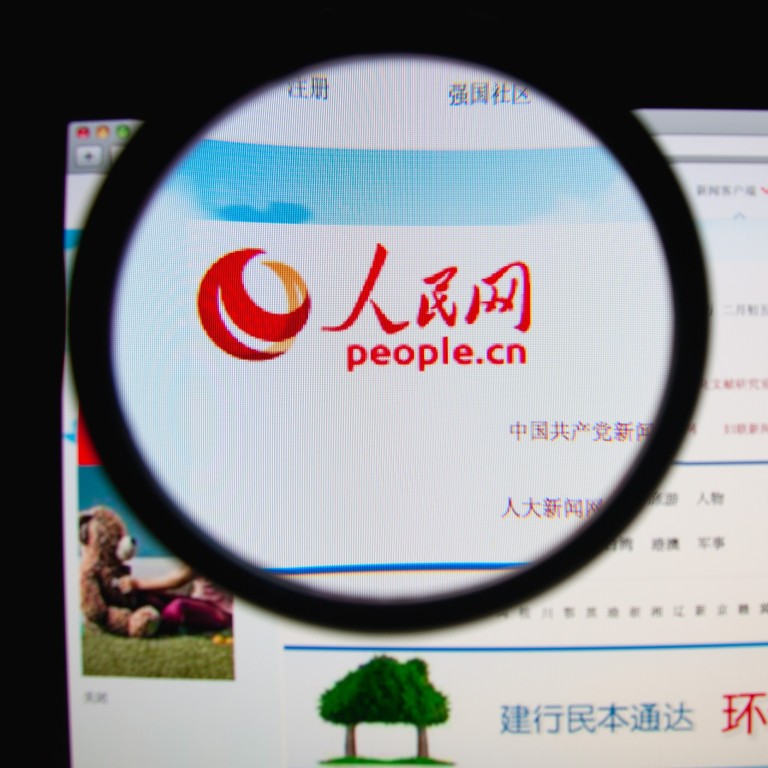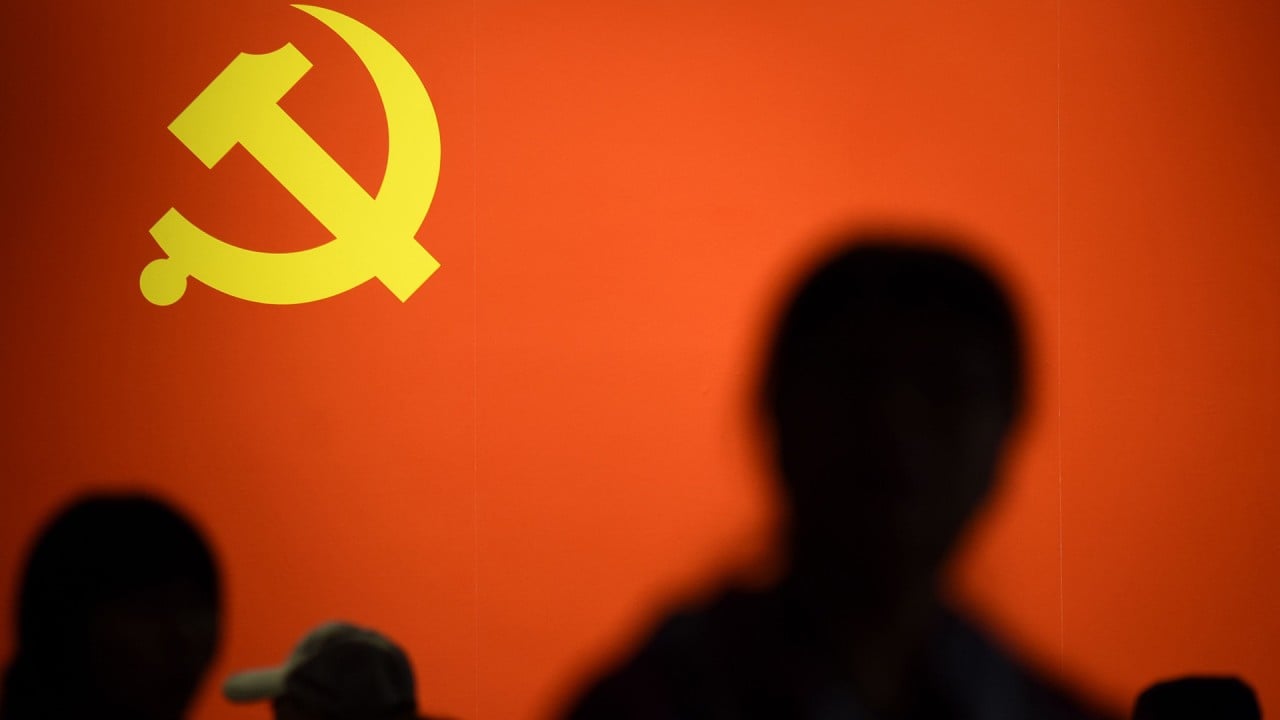
Beijing updates list of approved news sources, tightening its control over internet content
- The Cyberspace Administration of China has updated a list of state-run media outlets and government websites from which others are allowed to republish
- Beijing has tightened its grip on online content this year, targeting citizen journalists and financial news media
China’s internet watchdog has published a new list of government-approved news outlets, giving the nation’s internet platforms an exhaustive directory of sources they are allowed to republish, a move that comes as Beijing seeks to increase its control of online content.
Online news providers must stick to officially sanctioned sources or be “punished according to laws and regulations”, the Cyberspace Administration of China (CAC) said in a statement published on Wednesday.
Now consisting of 1,358 sources, the updated list is nearly four times longer than the previous version, published in 2016, according to the CAC.
Approved media outlets are those that “uphold correct political instructions, public opinions and value orientations” and are well managed, representative and influential, the statement said. The 2016 version is no longer available on the CAC’s website.

02:33
How China censors the internet
In order to “adapt to new circumstances, new changes and new demands” in how information is spread online, the list has been updated to “enrich the supply of online news information”, the CAC said. By managing approved sources, the CAC said it aims to ensure the internet is “full of positive energy” and has a “lofty main melody”.
The list includes a range of state-owned media, including national outlets like Xinhua News Agency and the Communist Party mouthpiece People’s Daily, along with local news outlets and the websites of government bodies. Official news websites and their social media accounts are both listed.
The penalties for republishing unauthorised sources remains the same. According to a CAC regulation published in 2017, violations could result in a warning, fine of up to 30,000 yuan (US$4,690), or criminal penalties.
China unveils plan to bring algorithms under state control
Beijing has always kept a tight grip on news media, adapting strict censorship rules to the rise of online media, but the central government has recently intensified campaigns aimed at purging the internet of content deemed harmful. The effort to clean up cyberspace comes ahead of next year’s 20th Party Congress.

